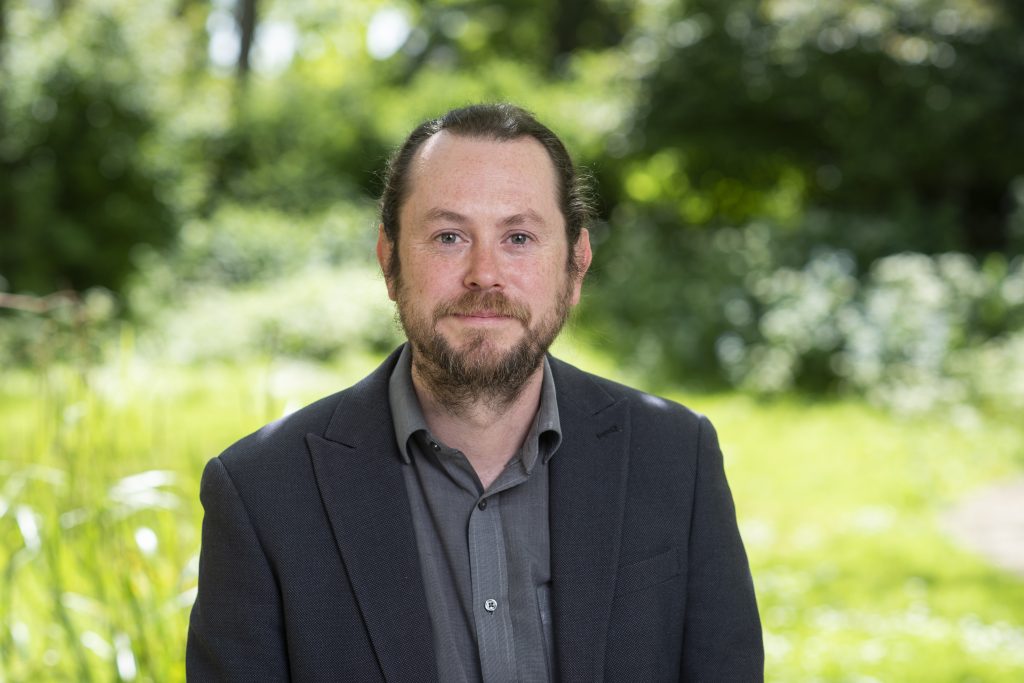Understanding NEETs: Individual and institutional determinants of youth inactivity in France, Germany, Japan, the Netherlands and the UK
The Project
In 2012 no less than 15% of young people aged 15-29 in Organisation for Economic Co-operation and Development (OECD) countries were Not in Employment, Education or Training (so-called “NEETs”). The NEET rate varies markedly between countries. In Turkey almost 30% of all young people were NEETs. However even in the Netherlands – the country with the lowest rate – the NEET rate is 7%.
This project investigates the patterns, causes and consequences of NEET to reveal and understand country similarities and differences. The goal is to provide new theoretical and empirical insights on the temporal patterns of NEET, the impact of individual and institutional characteristics and the interplay between institutions and individual characteristics on young people’s transitions into and out of NEET. This will be achieved by examining the patterns, causes and consequences of NEET in a sample of OECD countries, specifically France, Germany, Japan, the Netherlands and the UK.
External project members include, Mark Levels (Maastricht University); Heike Solga (Berlin Social Science Center); additional collaborators in France and Japan.
Research Team
More Projects
-
ProjectIntergenerational Mobility and Higher Education Internationally: a comparative perspectiveDiscover MoreStart date: March 2025End date: November 2025
-
ProjectResearch Collaboration in EducationDiscover MoreStart date: April 2024End date: April 2026
-
ProjectSystem-Thinking Approaches to Tertiary Education Policymaking in EnglandDiscover MoreStart date: 2024End date: 2025
-
ProjectWhat Matters to Students: Embedding Student Voices in Evaluations to Improve Student OutcomesDiscover MoreStart date: January 2024End date: December 2024
-
ProjectUnderstanding the ‘Value’ of Humanities DegreesDiscover MoreStart date: February 2019End date: November 2019
More News
-
 NewsNew report calls for shift from competition to coordination in post-16 education and training across the UKApril 15, 2025
NewsNew report calls for shift from competition to coordination in post-16 education and training across the UKApril 15, 2025 -
 NewsNew report finds stark inequalities in post-16 education outcomes across the UKFebruary 22, 2024
NewsNew report finds stark inequalities in post-16 education outcomes across the UKFebruary 22, 2024 -
 NewsNew research shows how studying the humanities can benefit young people’s future careers and wider societyJune 22, 2023
NewsNew research shows how studying the humanities can benefit young people’s future careers and wider societyJune 22, 2023
Project Details
Research Team
More Projects
-
ProjectIntergenerational Mobility and Higher Education Internationally: a comparative perspectiveDiscover MoreStart date: March 2025End date: November 2025
-
ProjectResearch Collaboration in EducationDiscover MoreStart date: April 2024End date: April 2026
-
ProjectSystem-Thinking Approaches to Tertiary Education Policymaking in EnglandDiscover MoreStart date: 2024End date: 2025
-
ProjectWhat Matters to Students: Embedding Student Voices in Evaluations to Improve Student OutcomesDiscover MoreStart date: January 2024End date: December 2024
-
ProjectUnderstanding the ‘Value’ of Humanities DegreesDiscover MoreStart date: February 2019End date: November 2019
More News
-
 NewsNew report calls for shift from competition to coordination in post-16 education and training across the UKApril 15, 2025
NewsNew report calls for shift from competition to coordination in post-16 education and training across the UKApril 15, 2025 -
 NewsNew report finds stark inequalities in post-16 education outcomes across the UKFebruary 22, 2024
NewsNew report finds stark inequalities in post-16 education outcomes across the UKFebruary 22, 2024 -
 NewsNew research shows how studying the humanities can benefit young people’s future careers and wider societyJune 22, 2023
NewsNew research shows how studying the humanities can benefit young people’s future careers and wider societyJune 22, 2023









